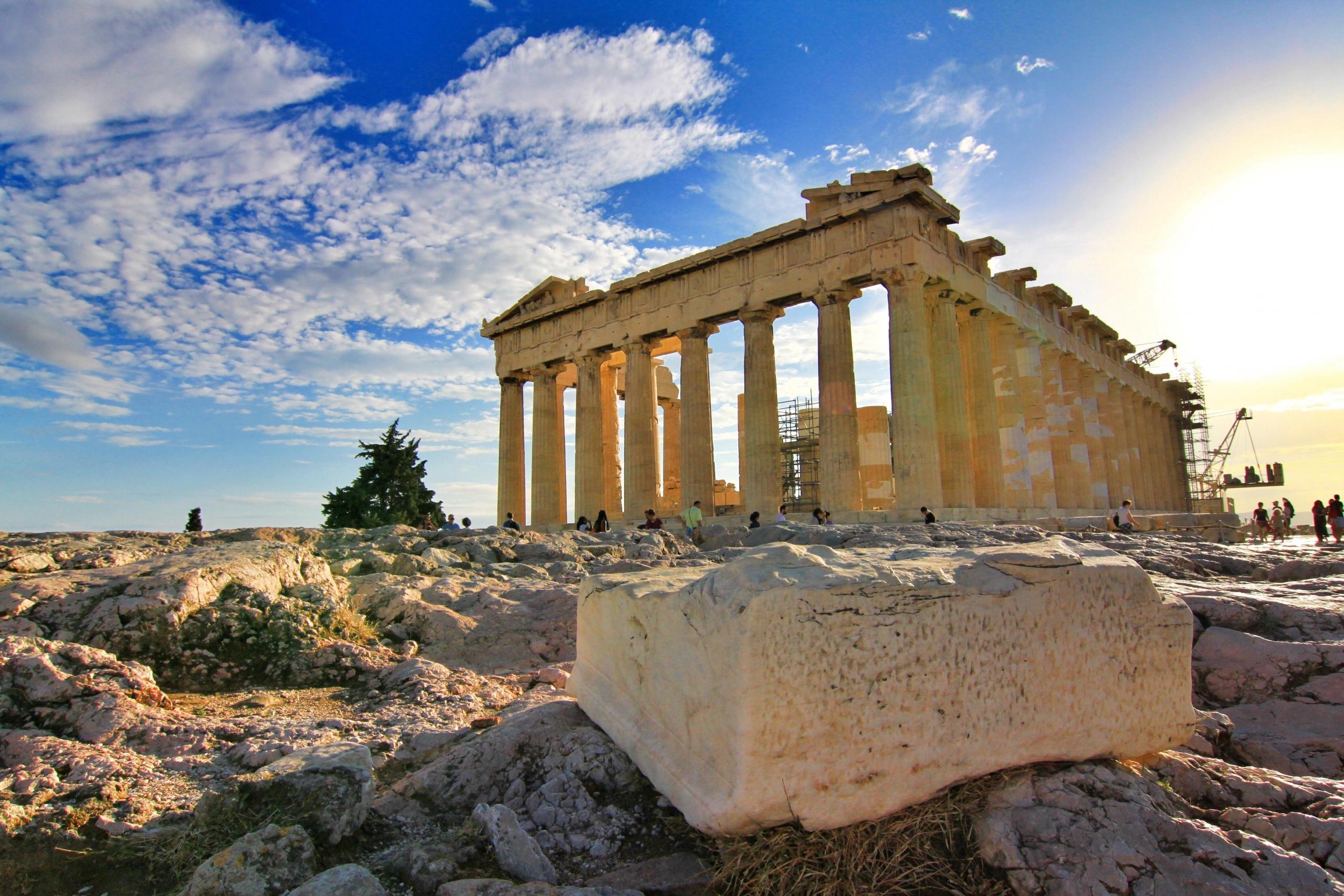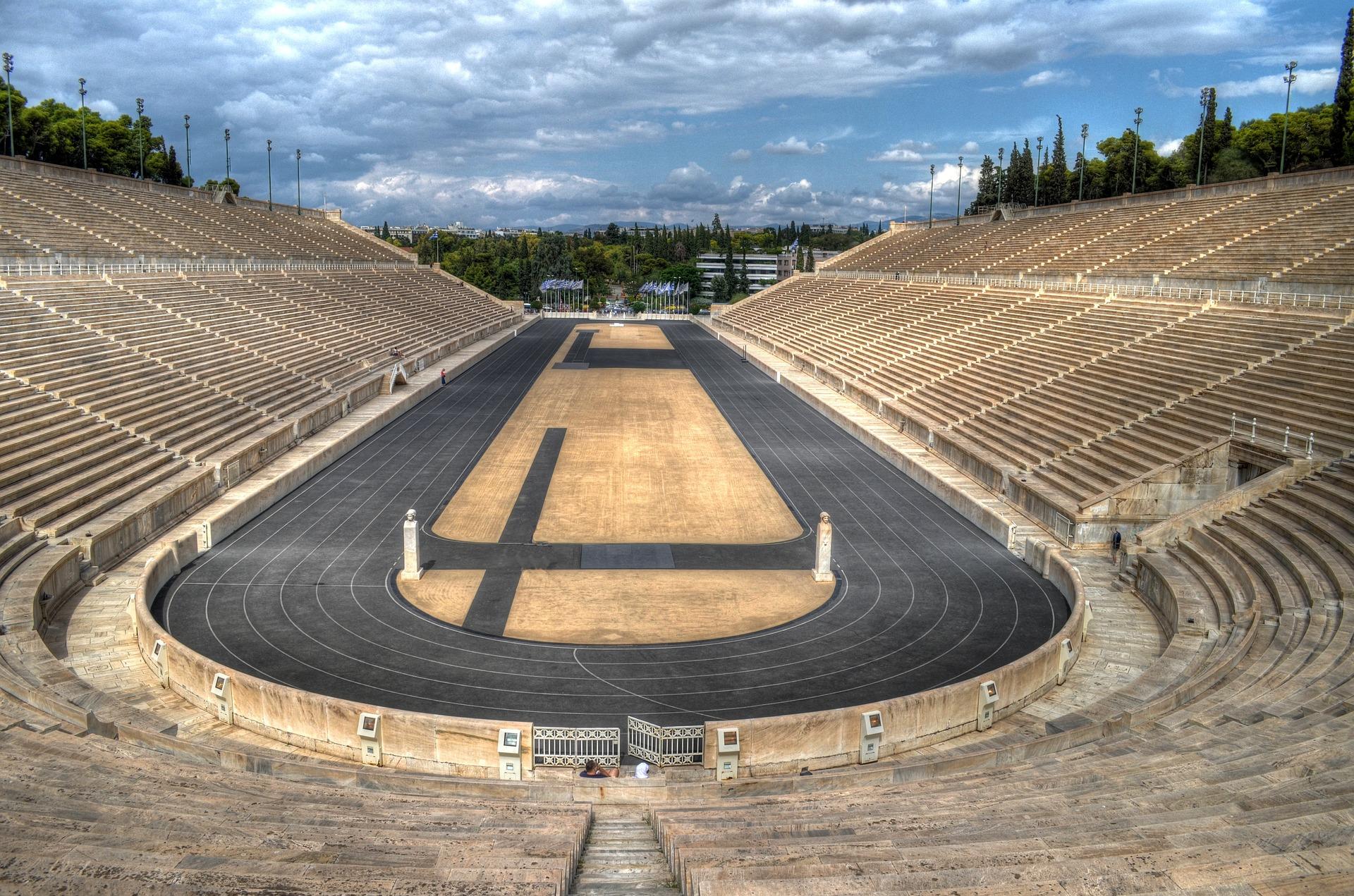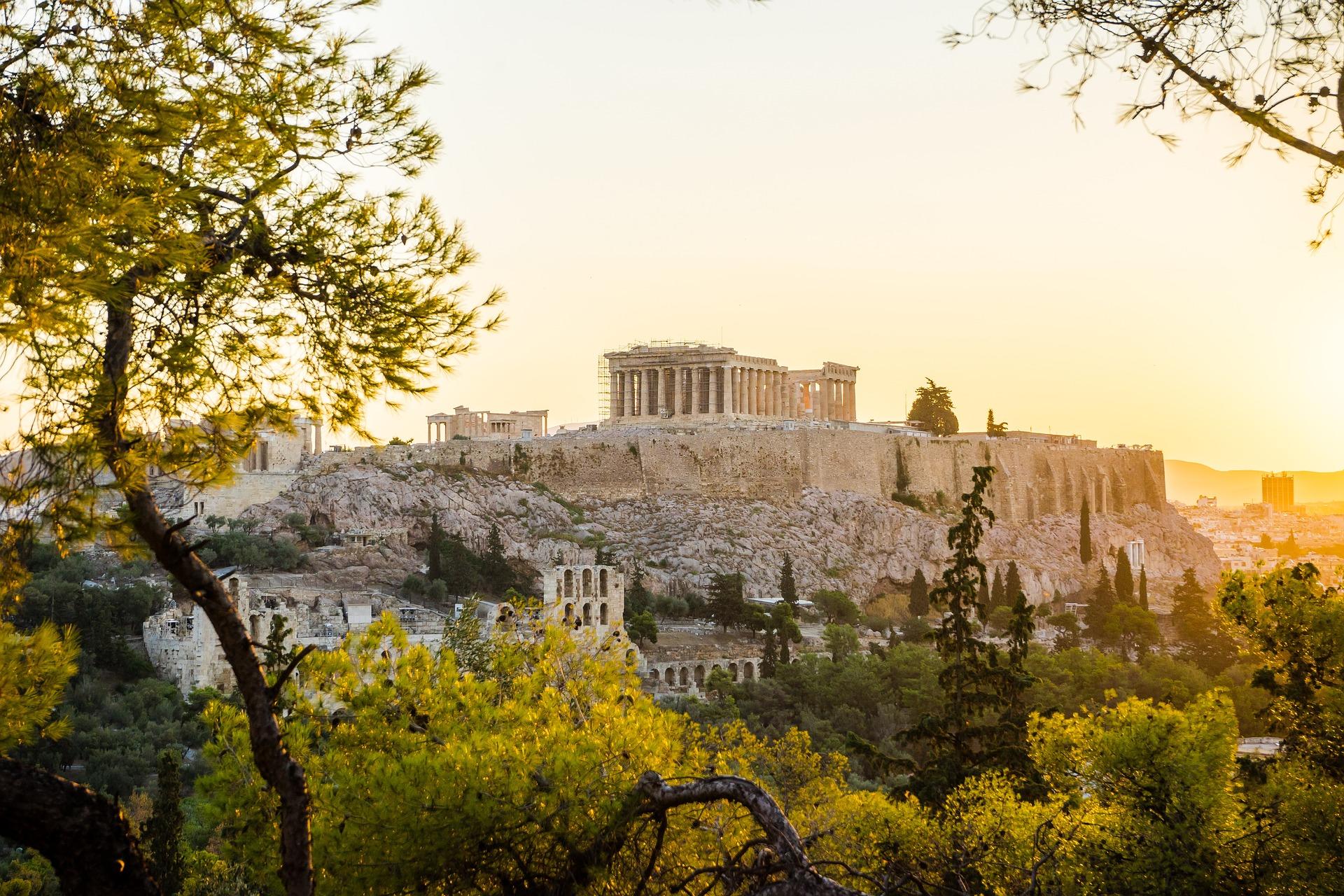Historians consider the Ancient Greeks to be the people who inhabited the territories of modern-day Greece from around 1200 BC to 600 AD. The lands of Greece have been inhabited by humans long before this point. Still, the term Ancient Greece refers specifically to when the Greek people shared a common language and culture for the first time and, therefore, a shared cultural identity.
The Ancient Greeks are a well-studied and heavily referenced group of people, especially in modern Western societies, i.e. Europe and America. This is because a lot of our art, maths, science, literature, music and politics can be directly traced back to the Ancient Greek philosophers and scholars who, at the time, were busying themselves with the pursuit of knowledge and understanding of the world and living in perhaps the first democracy in the world. The word 'democracy' comes from the Greek language, where 'demos' was the Greek word for people and 'Kratos' was the word for power.
In this article, we'll be looking at the contributions of Ancient Greece that we recognise today in the modern world and taking a deep dive into the country's history during its 'Ancient' period, as well as some interesting facts about Ancient Greece.


What did the Greeks Invent?
The Ancient Greeks are well known for their intellectual innovations, but what did they invent? As we've mentioned, we attribute to them the invention of democracy, which, as it turns out, gave the people the freedom necessary to think for themselves and create all sorts of other things.
If you drive a car, you might be familiar with the odometer, a device that measures the distance it's travelled. This was invented in Ancient Greek times, and the famous Greek Archimedes is sometimes credited with its invention, although there isn't enough evidence to say it wasn't someone else.
In the Ancient world, this invention was vital in road building. It helped give a mathematical perspective on the distances between settlements and locations that could otherwise only be measured by inconsistent and variable means.
Not only did the Ancient Greeks invent parts of your car, but they might also have played an instrumental role in your waking up this morning. When I say instrumental, I mean it quite literally. Your alarm clock, or at least the idea of one, was first innovated by the Ancient Greek Ctesibius, who lacked electronics and employed several mechanical alternatives, such as a mechanism that dropped stones onto a gong.
Ancient Greece was an innovator when it comes to the measure of time; you might have noticed, for example, that the prefix 'chrono', which we use on all sorts of time-related things in the English language, comes straight from the Ancient Greek word 'Kronos'. If you didn't know that, consider the phrase chronometer, clock, and chronological and see if you can notice the pattern.
One of the most important fields of mathematics was said to have been invented in Ancient Greece as well. Ancient Greek mathematician Diophantus is often called 'the father of algebra', which is an impressive title to hold considering the profound impact that it has had on all of science and mathematics in the following years.
With inventions like this, it's often easy to say, "Someone else would have invented it if not for them", but in many cases, this can take anywhere from decades to centuries, so I think it's vital that we appreciate the contribution of all those who came before us.
The Olympics, of course, originated in Ancient Greece as well, in 776 BC. This sporting event continues to be one of, if not the most popular international sporting event, so it's genuinely awe-inspiring that our modern entertainment was taking place as far back as Ancient Greek times. Along with the Olympics, Ancient Greece created many sports and games we see played at such events, discus being an easy example.
We also get our traditional wrestling from the Greeks, but you might be thankful to know that the requirement of competitors to be naked did not stand the test of time; other than that, the rules haven't changed that much, but bending your opponent's fingers are no longer allowed.
Thanks to the philosophy of the Ancient Greeks, we have learnt a lot about competitiveness, self-improvement, and perhaps most importantly, sportsmanship, one of the critical themes of the Olympics.

Life in Ancient Greece
What was life like for someone in Ancient Greece? We can look at several aspects of what someone might have seen in their daily life in Ancient Greece to paint a picture of what it might have looked like. Let's use some questions you might have to paint said picture little by little.
What did the Ancient Greeks look like? Just like today, no two people in Ancient Greece would have looked the same, but generally speaking, they would have looked quite like the occupiers of modern Greece.
Dark hair, brown eyes, and olive or tanned skin are regionally typical. However, it's worth noting that Ancient Greece had an extensive commercial system of slavery. Unlike many other civilizations in the Ancient world, in Greece, enslaved people had a relatively realistic opportunity to earn their freedom and become citizens. Greece might have looked more cosmopolitan than expected since enslaved people and soldiers were brought in on ships from other countries and ethnicities.
Being an enslaved person in Ancient Greece was certainly not pleasant. Still, if we compare it to our modern perception of slavery, such as the dreadful conditions of the trans-Atlantic slave trade in colonial America, Greek slaves were seen more as servants, even holding authority over the children in a household as teachers and role models.
As for clothing, it was typical for almost all clothes in Ancient Greece to consist of white linen or similar materials, cut and draped over the body, rather than the sewn clothes that we're used to today, which have dedicated holes for each extremity. In Ancient Greek culture, it was common for men and women to wear almost the same clothes, albeit in slightly different ways.
The Ancient Greeks coveted the human form and thus made their clothing specifically to enhance and show off the body rather than to hide it. Because of this, some fabrics were slightly transparent, and it was not seen as vulgar or offensive for a man to be nude. On the other hand, women were only permitted to be naked in bathhouses or their privacy.
What did the Ancient Greeks eat? The modern Greek and Mediterranean diets are enduring relics of the diets from antiquity; when we think of Greek cuisine, there is a popular idea of the 'Mediterranean trifecta' or 'triad', bread, wine and olive oil. This was the most common food eaten among the Greek peasantry, with occasional luxuries like cheese and meats thrown into the mix.
If you were wealthy, you could enjoy finer wines, have meat and cheese much more often, and perhaps have access to sweet fruits like dates, while the less well-to-do would have to make do with vegetables.
There are also well-documented eating customs from Ancient Greece. It was traditional, for example, for the men in a household to eat separately from the women, and in the case where a house was too small for dining in multiple rooms, they would take turns, the men eating first. This gendered approach was continuous across many aspects of Ancient Greek culture, such as in the Symposium, a form of a two-phase banquet, where first came food accompanied by wine, and then came drinks (including wine) accompanied by snacks.
The Symposium was an activity reserved for men. Still, certain highly educated and talented women, called 'hetaira', were versed in the arts and entertainment while being skilled conversationalists and sexual partners. These hetairas were allowed to attend the Symposium as entertainers for the men and were known to form long-lasting relationships with their few clients.
Religious boys and men partook in mandatory meals called 'syncytia', distinguished by their simplistic and humble nature compared to the banquets above. This tradition is more complicated than we have time for in this article, but don't let that discourage you from researching this exciting tradition.

On that note, I'd like to thank you for reading this far. I hope you've enjoyed joining us in painting a picture of everyday life in Ancient Greece. If nothing else, I hope you've learned something about one of the ancient world's most remarkable and influential cultures.
If you want to learn more about Greece, we have a series of other articles here on the Superprof blog. For instance, you might want to learn to speak Greek before your next holiday. But if you're going to read about something else entirely, we cover an extensive range of topics, so look around to see if you can find something you like. Until next time!
Summarise with AI:















